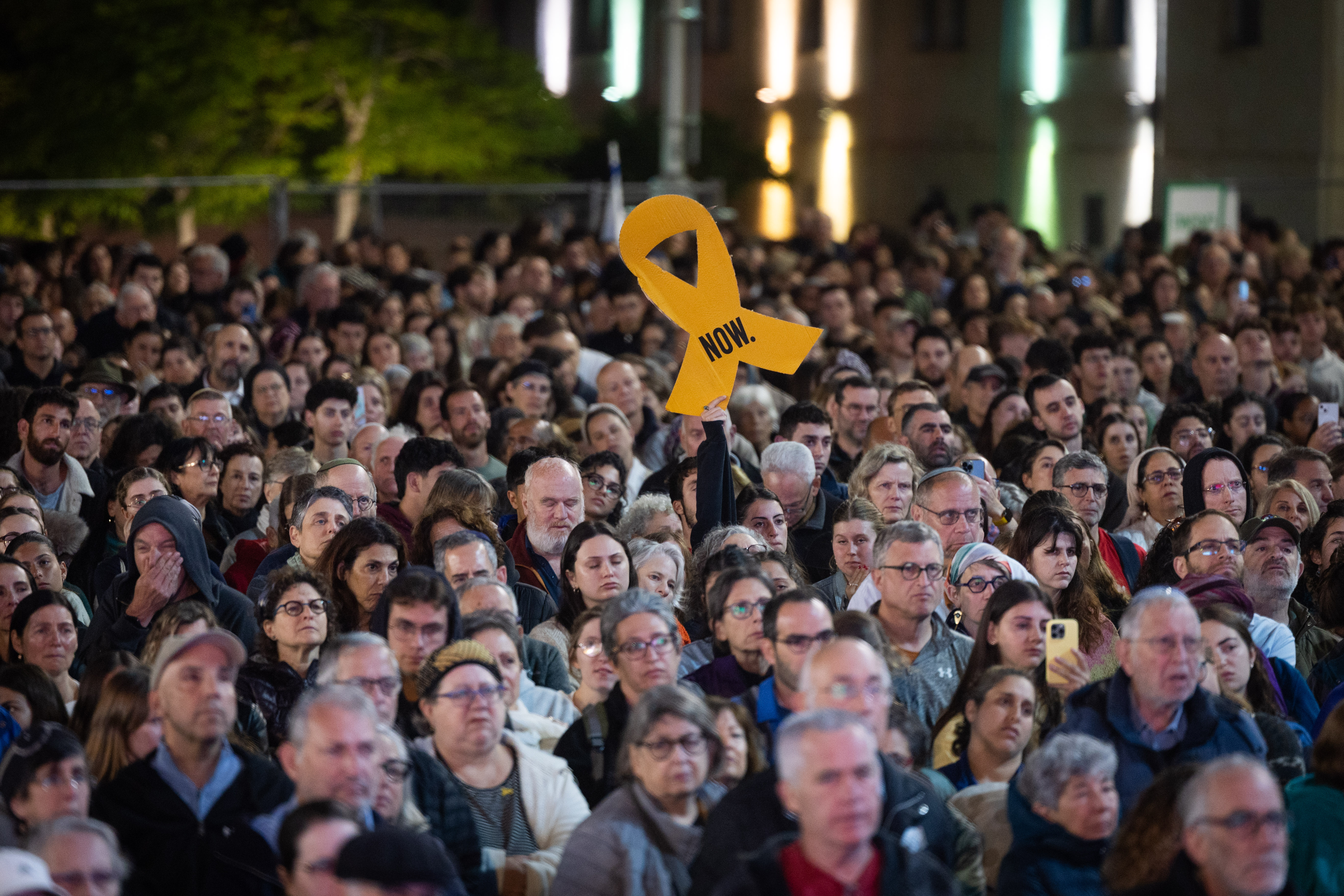Foreign Hostages Beaten to Death by Hamas Due to Language Barriers
The brutal treatment of foreign hostages, compounded by linguistic and cultural barriers, has intensified calls for urgent action to resolve the hostage crisis.

On October 7th, Hamas kidnapped 35 foreign nationals: 31 Thais, one Nepalese, one Tanzanian, one Filipino, and Orion Hernandez, whose body has since been recovered, as reported by Ynet. Most of these people were working or studying in Israel’s agricultural sector.
A senior Israeli military official revealed that some non-Israeli hostages were beaten to death by Hamas due to their inability to understand Arabic or English, exacerbating communication challenges in captivity. The disclosure sheds light on the dire circumstances faced by foreign hostages, primarily agricultural workers and students from countries such as Thailand, Nepal, Tanzania, and the Philippines.
In an interview with Ynet, Lt.-Col. A., head of the IDF foreign hostages team, described the harrowing fate of some captives. “There is a language gap here,” he said. “You can’t speak Hebrew or English with them, and that’s not an easy challenge. Think about the Hamas people who have to talk to the hostages, some of whom were beaten to death in captivity because they didn’t understand what Hamas wanted from them. This is unimaginable.”
Five foreign hostages remain in Hamas captivity, with three believed to be deceased, according to Israeli authorities.
Joshua Luaito Mollel from Tanzania, was kidnapped from Nahal Oz, while Nattapong Pinta, a Thai father, was kidanpped from Nir Oz. Both are both feared dead.
The other foreign hostages still held by Hamas are Bipin Joshi, Sutsak Rintarak from northeast Thailand and Sontaya Ukkharsri, also from Thailand. Rintarak and Ukkharsi were kidnapped from fields near Be'eri.
Joshi had only been in Israel for three weeks before Hamas kidnapped him from Alumim. He was part of an agricultural study program that brings hundreds of Nepalese and Tanzanian students to Israel every year. Before he was kidnapped, his friend raised his hands and identified himself as Nepalese, but they didn't care and shot him dead.
Lt.-Col. A. explained the complexities of managing cases involving foreign hostages, noting significant cultural and logistical differences. “We must remember that the vast majority are [rural] villagers, without passports; some have never boarded a plane,” he said. Israel has offered to finance efforts to assist these hostages, but coordination with their home countries varies. “Each country has its own policy,” A. added, citing examples of diplomatic engagement with Thai, Nepalese, and Tanzanian families.
For instance, communication with Thai hostages’ families is conducted exclusively through a Thai official who liaises daily with the IDF team. In contrast, contacting the family of Bipin Joshi, a Nepalese hostage, requires coordinating with a cousin who travels two hours to a remote mountainous area to facilitate translation.
Similarly, A. maintains regular contact with Lolito, the father of Joshua Loito Mulal, a Tanzanian agricultural student aspiring to open a dairy farm. “I have the personal, moral, and political obligation to tell him: ‘Listen, we’re back in the fighting, we’ve brought back bodies,’” A. said.
The plight of the foreign hostages has drawn attention from their home countries. On January 30, 2025, Thai Ambassador to Israel Pannabha Chandraramya visited Shamir Medical Center (Assaf Harofeh) alongside Dr. Osnat Levzion-Korach, the center’s director, to support efforts related to Thai nationals affected by the conflict.
Released Thai hostages, such as those who arrived at Bangkok Suvarnabhumi Airport in Samut Prakan, Thailand, following their release, were warmly welcomed by relatives.
The IDF continues to work with international partners to secure the release of the remaining hostages and recover the bodies of those believed to be deceased.
In addition, the Red Cross told Ynet that they are also working for the release of the foreign hostages. The Red Cross noted, "Our team in Gaza is ready to assist with any future release agreement. We’re in ongoing contact with Hamas, Israeli authorities, and international actors to obtain information about the hostages and gain access to them.”
As fighting persists, the IDF’s foreign hostages team remains committed to advocating for the captives, navigating complex diplomatic channels, and supporting the families of those still held in Gaza.
As to why Hamas has not released them, Lt. Col. A. told Ynet:
“[That's] the million-dollar question. I try to believe it’s due to logistical complexity. I had no explanation for why they were taken. They told the terrorists they weren’t Israeli. They even tried to offer money. People don’t realize this, but the largest group of civilians killed on October 7, after Israelis, were Thais.”
JPost and Ynet contributed to this article.